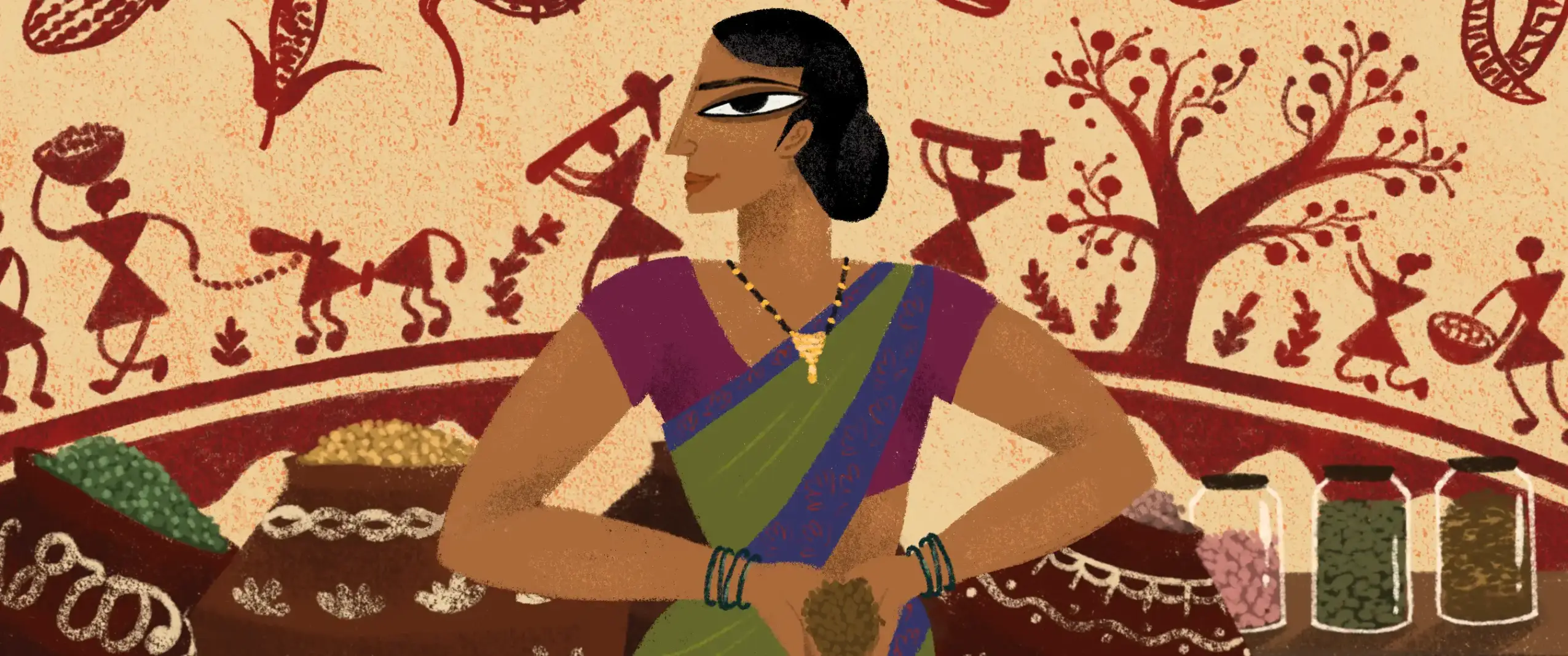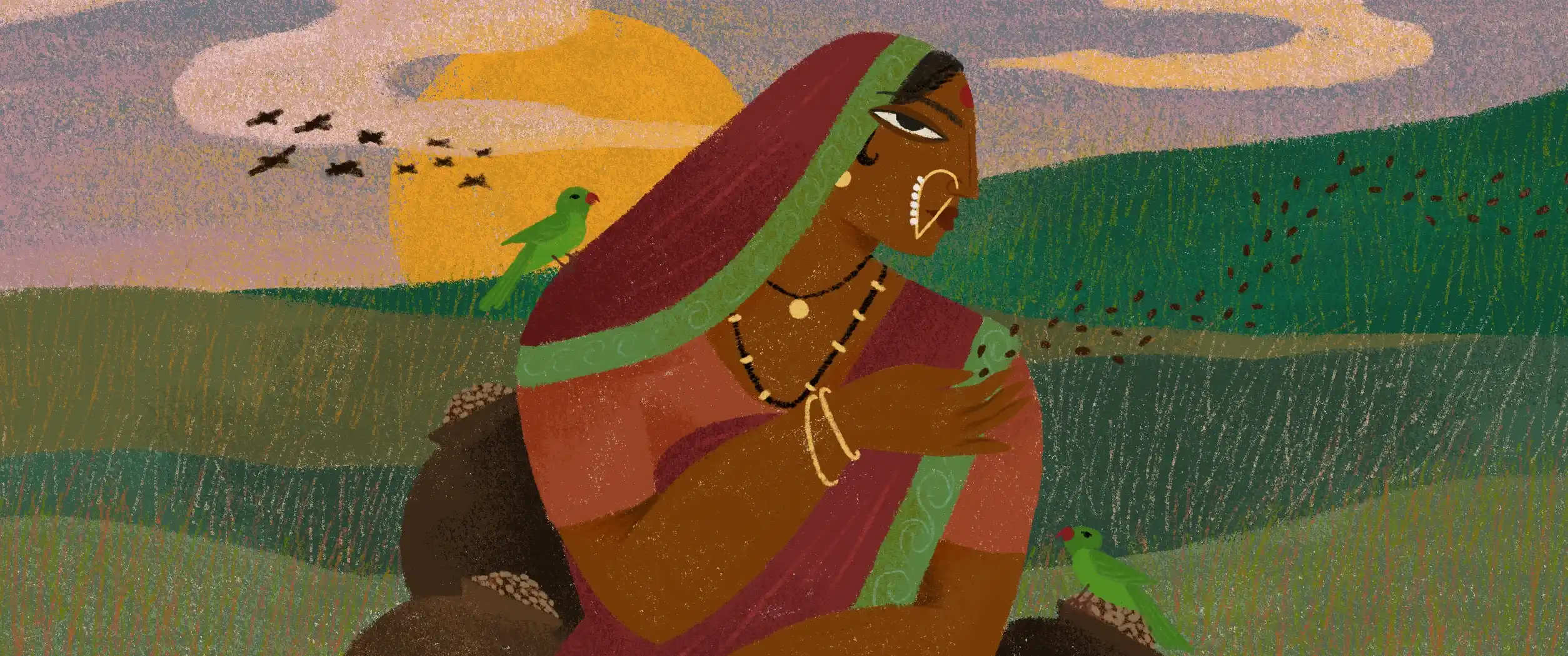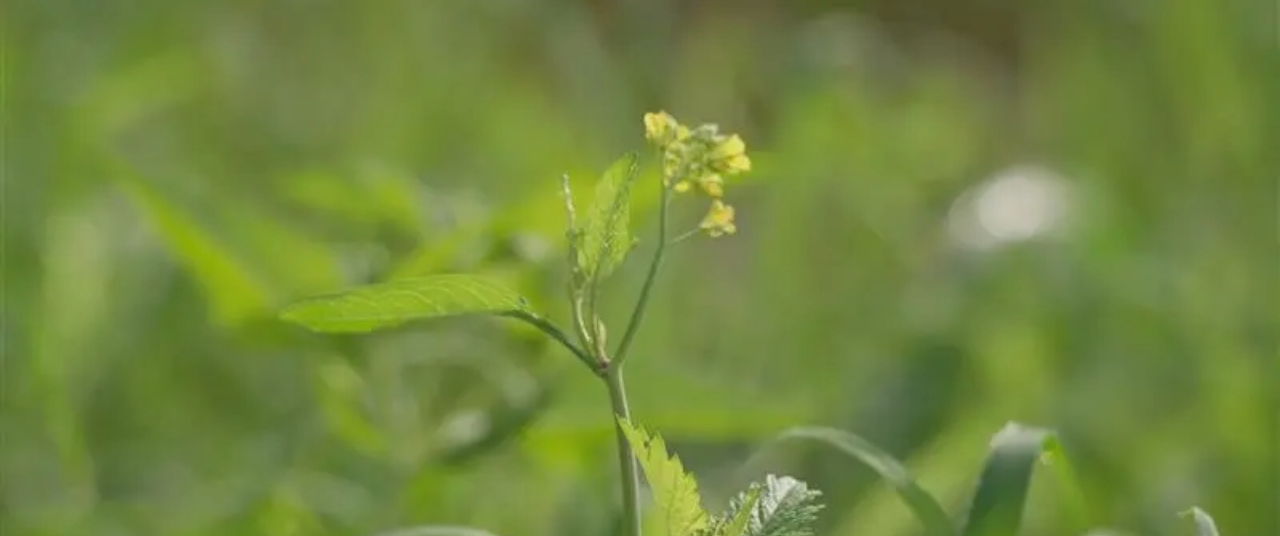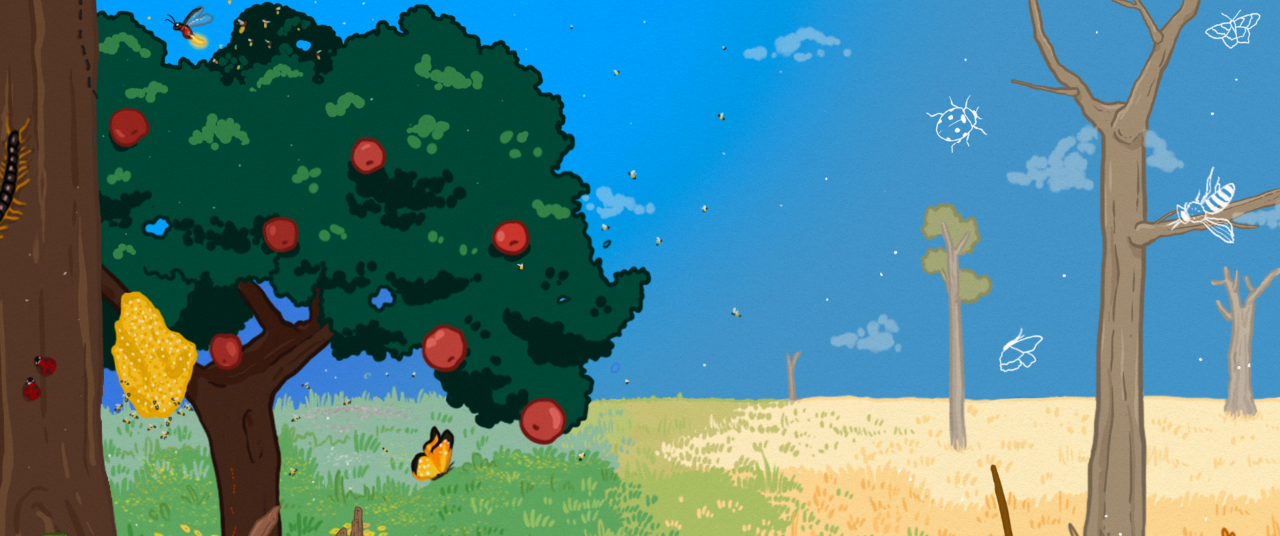Sheela Balaji fights to keep heritage varieties alive






Back in 2013, when most landowners in Manjakkudi village, Tiruvarur district, were heavily using chemical fertilisers and pesticides, Sheela Balaji, founder of Swami Dayananda Farms, took a different path. She began restoring her leased land using Panchagavya and vermicompost. To shield the fields from nearby chemical use and pests, she put up a natural fence of Nochi, Aaduthoda, Tulasi, Maruthondri and Marigold. It took her three years to restore the soil’s health.
Bold start
To get more guidance, Balaji connected with sustainable farming communities in places like Sirkazhi, Odisha, West Bengal, Chhattisgarh, Eastern Uttar Pradesh, Andhra Pradesh, Madhya Pradesh, Kerala, Karnataka, and Tamil Nadu, where they exchanged seeds and knowledge.
“By the first harvest in 2015, we had varieties like Mapillai Samba, Thooyamalli, Seeraga Samba, Kichili Samba, and Kaattuyaanam, and by 2022, we had about 200 different seed types,” said Balaji.

However, starting with just 10 grams of seed from farmer exchanges, it took three years to have enough for an acre. Balaji was careful not to let these seeds be used for inorganic farming. So, she leased additional land and dedicated 10 acres specifically to conservation farming and only milled the paddy she got from the rest of the acreage.
To engage local farmers, Balaji teamed up with Nel Jayaraman, an organic farmer and consumer activist, to hold a Nel Thiruvizha in Manjakkudi. She gave 1 kilo of paddy seeds for free to each of the 300 farmers who attended, with the condition that they grow it without chemicals and return 2 kilos of seeds. However, after four years, she had to stop the seed exchange because the farmers didn't maintain the purity of the rice varieties. Despite this, interest in the project remained strong.

In 2017, Balaji opened the Spirit Of The Earth (SOTE) store in Mylapore, Chennai, to sell rice from the farm. “If the rice reaches the consumer, the farmer will be motivated to grow it, and a retail cycle will be created,” she said. Instead of Nel Thiruvizha, SOTE now holds talks, workshops, and demonstrations twice a year on topics like making vermicompost, preparing Panchagavya, and hosting interactive Q&A sessions with experts.
What is heritage rice?
Heritage rice varieties are natural treasures that evolve without human intervention. These seeds are strong, and can be saved from one harvest to plant again. A heritage paddy plant naturally pollinates itself within the panicle.
India once had over 100,000 rice varieties, all grown and eaten across the country. But the Green Revolution promoted high-yielding hybrid crops, leading to monoculture farming and the extinction of many heritage varieties.
“What if a pandemic wiped out the remaining varieties and left us in crisis?” asked Balaji. Heirloom seed-based farming is the key to restoring crop diversity and improving soil health, she added.

After ten years of experimenting with different crops, she’s become more cautious, realising that some paddy varieties are meant solely for conservation. From the many varieties she grows, she saves 25 kilos of seeds. About 60 of the best edible varieties, suitable for making value-added products, are sold at the SOTE store.
"Every year, in June or July we bring out two new varieties like the black rice varieties from Manipur such as Kakching Phou, Moirang Phou, Chakhao Poireiton, Chakhao Amubi. Consumers come asking for them too,” she said.
To ensure quality, SOTE has tested over 100 rice varieties in accredited labs for minerals, fiber, starch, and water content. The Likitimachi rice from Odisha, for example, is rich in protein–10 grams per 100 grams, she added.
Organic is a gamble for the farmers- from the sprays’ efficacy against Thrips or stem-borer to rains and ultimately plant growth. Organic rice needs to be differentiated and given a better floor price in the market.
Challenges and rewards
Today, at least 8 young farmers in and around Manjakkudi are growing organic crops on one or two acres, mainly for their own use. Three more have joined this year. At least seven farmers are buying seeds from her farm and selling the harvest back to her.
"The area of land being used for this has definitely doubled in the last two years," said K Nagarajan, who retired from corporate work and now practices heritage farming on his 12 acres in Manjakkudi.
The heritage paddy plant grows 4-5 feet tall, which is about twice the height of hybrid varieties, and takes 120-140 days to harvest. The seeds from Swami Dayananda Farm yield 1.5 tons per acre. Varieties not native to the state yield slightly less.

Most of the labour goes into weeding, and the total cost of production is around Rs 90-95 per kilo of paddy. After milling, only 60% of the yield remains. At SOTE, rice is priced between Rs 130 and Rs 180 per kilo, though prices may vary with aggregators.
"We need subsidies for seeds and other inputs. We also need regular customers to ensure steady income,’ said farmer Azhagar Kaliaperumal, who sold eight bags of Athur Kichili Samba, making a profit of Rs 2,000.
"Organic is a gamble for the farmers- from the sprays’ efficacy against Thrips or stem-borer to rains and ultimately plant growth. Organic rice needs to be differentiated and given a better floor price in the market. But that should not deter people like us from experimenting and propagating,” Balaji said.
Lasting legacy
Swami Dayananda Farms' seed bank now holds 289 heritage varieties from 15 states. SOTE continues to exchange seeds with farmers across the country. At the same time, they train farmers, explain the economics, and spread awareness. The awareness is growing, with even rice mandi owners doing dip-tests to identify varieties. Many clusters in the delta region are now practicing sustainable farming and supporting the farmers who do.
As the next step, “Manjakkudi needs a Farmer Producer Company (FPC) to make the entire farm-to-market process seamless for the farmers,” said Nagarajan.
Balaji’s legacy is becoming one of empowerment–both for the soil and for the farmers she works with. The seed bank she nurtures has become a cornerstone for preserving the rich diversity of India’s heritage rice, with each variety carrying a story of resilience and renewal. Though challenges remain, including market fluctuations and the need for greater support for organic farmers, Balaji’s vision endures: a future where heritage farming thrives, soils heal, and communities embrace the wisdom of generations past. “Even if they try to mess it up, they can’t,” she said with a quiet conviction.
{{quiz}}
Explore other topics
References




.avif)





.png)
